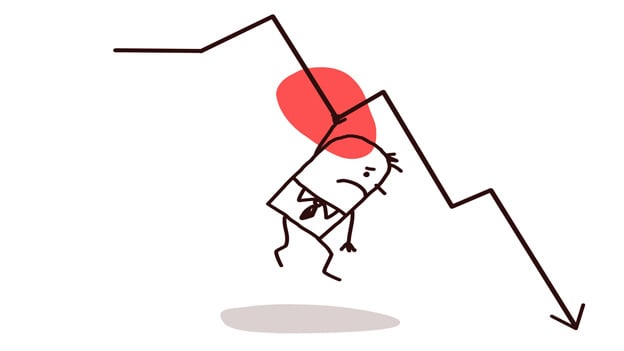Coaching to improve poor performance

Coaching, as a discipline, has grown to be a very interesting topic. Given that it is less transactional than the role of a manager, the concept has also been very attractive to people. It’s grown to impact various fields, with coaches not just for the work that you do but also for life. Why wouldn’t it, when it brings with it the option of transforming lives by supporting them in realizing their maximum potential – in guiding people as they realize what being their best selves could mean.
However, there are various cautionary words that are linked to the idea of coaching. One of these involves knowing when to be the coach that one has set out to be and knowing when the individual requires a counselor instead. It can get confusing especially when one is coaching to improve poor performance. However, coaches are constantly urged to step back when it is an emotional or mental setback that they are not qualified to handle. Coaching takes for granted that the individual is at a place where they will be receptive to feedback and guidance that will help the individual identify and make necessary changes that will push them to improve performance.
Once that is a concern that a coach has checked for, it is also necessary to think through the different approach that poor performance requires.
‘I could see the worst in you and still believe the best of you’, said Bishop TD Jakes. The fundamental of being a coach is to ‘believe’ – to believe that though this person is perhaps not currently displaying the potential you think he has, with some guidance and a nudge he will. As you head in to bring them up to where you believe they can be, make sure you don’t miss doing these three things:
Identify whether it’s skill or will
The first step to supporting this person correctly is to identify whether the root cause of the poor performance is skill or will. The skill-will matrix lets you know whether the person needs to be coached on ability or whether motivation, in fact, is the issue. While the former is slightly easier to coach for, the latter will take much more on the part of the coach. Again, the lack of will might vary from case to case and it is imperative that the coach has a level of self-awareness that allows them to understand where a counselor might be more helpful.
The importance of evidence/examples
Especially for poor performance, pieces of evidence and examples are particularly helpful. Guide the person with concrete examples on where you feel they could have done better. Many a time, team members are trying really hard and are unable to see how they could have been any better in a particular scenario. Give them evidence at this point that lets them realize how they could have done things differently in the first place.
Timely conversations
Make sure you are having timely conversations with them. Coaching would require you to keep going back and checking progress and a part of this is also to let them know what you feel about their performance. Help them see blind spots that they would otherwise have missed out on. But most importantly work with them continuously. Challenging changes can be impossible to make in one go and needs us to take small steps towards improvement.
Whether your team member is performing fabulously or whether they are finding or even losing their feet, you did hire them with a belief in their potential. You did believe that they were the best fit for this role. Through your coaching and guidance, help them realize (or sometimes even realize again) that they possess the potential that you see in them.













